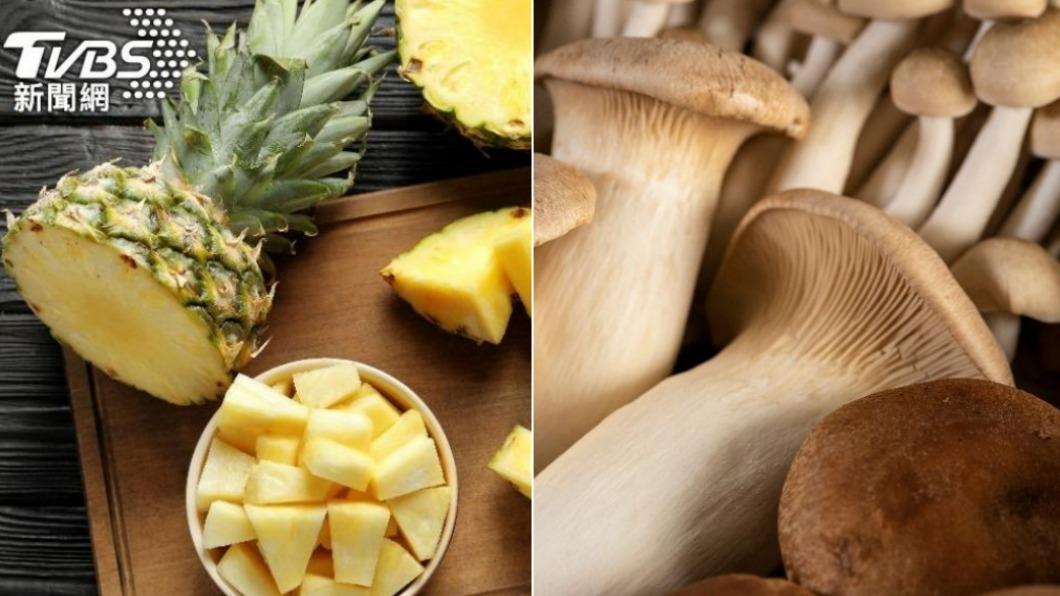TAIPEI (TVBS News) — The Ministry of Agriculture issued a statement Sunday (March 31) evening, assuring the public that domestically grown pineapples and king oyster mushrooms have not tested positive for bongkrekic acid, a potentially deadly toxin. The ministry urged consumers to continue enjoying these quality local agricultural products.
The statement comes in the wake of a food poisoning incident at the Polam Kopitiam restaurant, where bongkrekic acid was identified as the cause. Misinformation spread by some media outlets led to public panic, with people mistakenly believing that public health experts had previously found the toxin in rotten pineapples and mushrooms.
Secretary-general Hsieh Ting-fang of the Agriculture Research Institute clarified that Burkholderia gladioli, the bacteria responsible for producing bongkrekic acid, has four pathogenic types. The fourth type, Burkholderia gladioli pv. cocovenenans, is the one that produces the toxin, posing no direct threat to crops.
The other three types of the bacteria, which have previously affected crops like gladiolus, moth orchids, asplenium, pineapples, and king oyster mushrooms in Taiwan, do not produce bongkrekic acid. These types only cause plant diseases and pose no harm to humans.
The conditions for bongkrekic acid production are stringent, requiring not only the presence of Burkholderia gladioli pv. cocovenenans but also specific environmental conditions for fermentation, such as temperatures between 22-33°C, neutral pH, salt content below 2%, and lipid-containing food, over a period of 1-2 days.
The ministry emphasized that there have been no recorded instances of Burkholderia gladioli pv. cocovenenans causing crop diseases, and that most domestically grown mushrooms are cultivated under controlled environments, passing production history checks and ensuring food safety.
The Agriculture Research Institute urged the public to choose certified quality agricultural products and to store and prepare them properly to avoid contamination and the production of bongkrekic acid.



